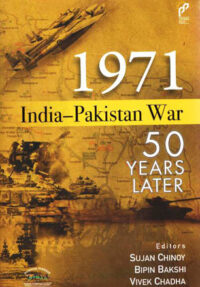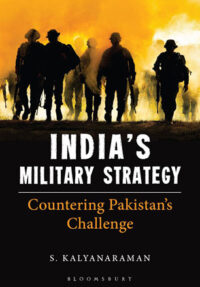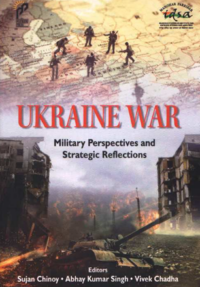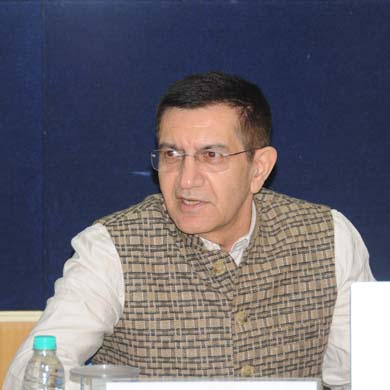Rafale Wins the MMRCA Competition
The Rafale’s upkeep and maintenance would demand a very high level of training and skills both by the pilots and technical personnel. Above all, stupid mistakes must be avoided by bringing about a fundamental change in our outlook to peacetime operations.
- Ramesh Phadke
- February 06, 2012













